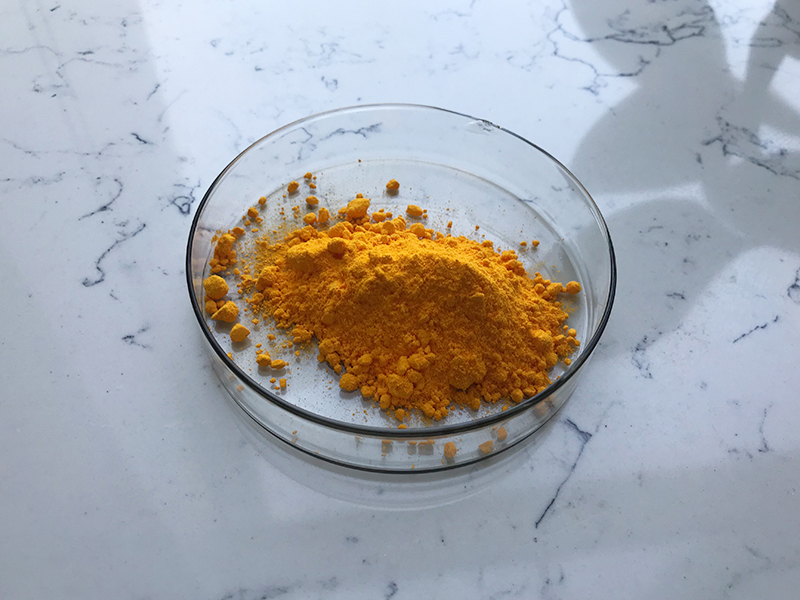Introduction
Coenzyme Q10 (CoQ10) is a naturally occurring compound in the body that plays a crucial role in energy production within cells. Coenzyme Q10supplements are available in various forms, including Coenzyme Q10 injections and Coenzyme Q10 capsules. While Coenzyme Q10 supplements are generally safe, they can cause side effects in some people. It is important to understand the potential side effects and precautions before taking Coenzyme Q10 supplements[1][2][3][4][5].

Potential Side Effects of Coenzyme Q10 (CoQ10)
Gastrointestinal Issues
Coenzyme Q10 supplements can cause gastrointestinal issues, such as nausea, diarrhea, heartburn, and loss of appetite. These side effects are usually mild and go away on their own. However, if they persist or become severe, it is important to consult a healthcare provider[1][2][3][4][5].
Skin Reactions
Some people may experience skin reactions, such as itching, rashes, and hives, after taking Coenzyme Q10 supplements. These side effects are rare but can be serious. If you experience any skin reactions after taking Coenzyme Q10 supplements, stop taking them immediately and seek medical attention[1][2][3][4][5].
Precautions When Taking Coenzyme Q10 (CoQ10)
Consult a Healthcare Provider
Before taking Coenzyme Q10 supplements, it is important to consult a healthcare provider, especially if you have any chronic medical conditions or are taking any medications. Coenzyme Q10 supplements can interact with some medications, such as blood thinners and chemotherapy drugs, and may cause adverse effects[1][2][3][4][5].
Take Coenzyme Q10 Supplements After Meals
To reduce the risk of gastrointestinal side effects, it is recommended to take Coenzyme Q10 supplements after meals. Taking Coenzyme Q10 supplements with fatty foods, such as peanut butter, vegetable oil, or soybean oil, can also enhance absorption and improve its therapeutic effects[1][2][3][4][5].
Stop Taking Coenzyme Q10 Supplements If Side Effects Occur
If you experience any side effects after taking Coenzyme Q10 supplements, stop taking them immediately and seek medical attention. It is also important to report any side effects to your healthcare provider, as they can help determine the cause and provide appropriate treatment[1][2][3][4][5].
Conclusion
Coenzyme Q10 (CoQ10) supplements are generally safe, but they can cause side effects in some people. Gastrointestinal issues and skin reactions are the most common side effects of Coenzyme Q10 supplements. To reduce the risk of side effects, it is important to consult a healthcare provider before taking Coenzyme Q10 supplements, take them after meals, and stop taking them if side effects occur. By following these precautions, you can safely and effectively use Coenzyme Q10 supplements to improve your health[1][2][3][4][5].
